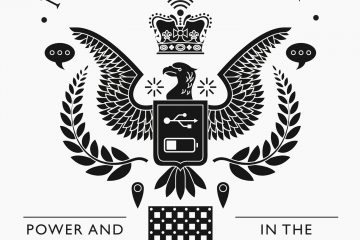
Academic Publishing Guidance for Early Career Scholars: Insights from an Editors’ Roundtable
Publishing holds increasing importance in academia, yet, navigating the process can be daunting for early career researchers. At the Political Studies Association’s (PSA) 2024 conference at the University of Strathclyde in Glasgow, the PSA’s Early Career Network organised a roundtable discussion with prominent figures in academic publishing. The panel included Elizabeth Evans (Editor of Politics), Justin Fisher (Editor of Political Studies Review), Nick Allen (Publications Lead for the PSA), Peter Geoghegan (Editor of Political Insight), Sarah Shair-Rosenfield (Editor of Political Studies), Sophie Donnelly (Senior Publishing Editor at Sage), and Richard Hayton (Editor of the British Journal of Politics and International Relations (BJPIR)). This article aims to distil the key insights and advice shared by the panellists and make them accessible …

The Shorter, the Better? What it Takes to and What to Take Away from Publishing a Very Short Article
A few months ago, I published an exceptionally short paper presenting experimental evidence on a particular issue of survey methodology. This experience has taught me valuable lessons about conveying the necessary information under extreme restrictions on the word count. In its original version, my paper was 2,300 words long and it was formatted in accordance with the convention of the field: an introduction highlighting the relevance of the research question and the gaps in the existing literature, an empirical section describing the methods and presenting the results, and a conclusion discussing implications, limitations, and offering directions for future research. Since the study relied on experimental methods and was already short, I decided to submit this contribution to the Journal of …

On Writing: A conversation with Tom Fletcher, author of Naked Diplomacy [Part III]
Dr Tristen Naylor, Oxford’s Lecturer in Diplomatic Studies, chatted with Tom Fletcher, the former British Ambassador and Downing Street foreign policy advisor, about his new book, Naked Diplomacy. In this three-part series their discussion explores everything from diplomacy in the digital era to the divide between academics and policy makers — with a nod to the intertextuality of W.H. Auden and Black Sabbath along the way. For Part I, see here, and Part II, see here. TN: I want to talk about your style of writing and your approach to it. I spend most of my waking hours reading works on diplomacy and I spend much of that time asking myself why I self-inflict such torture because so much of it – too much …








